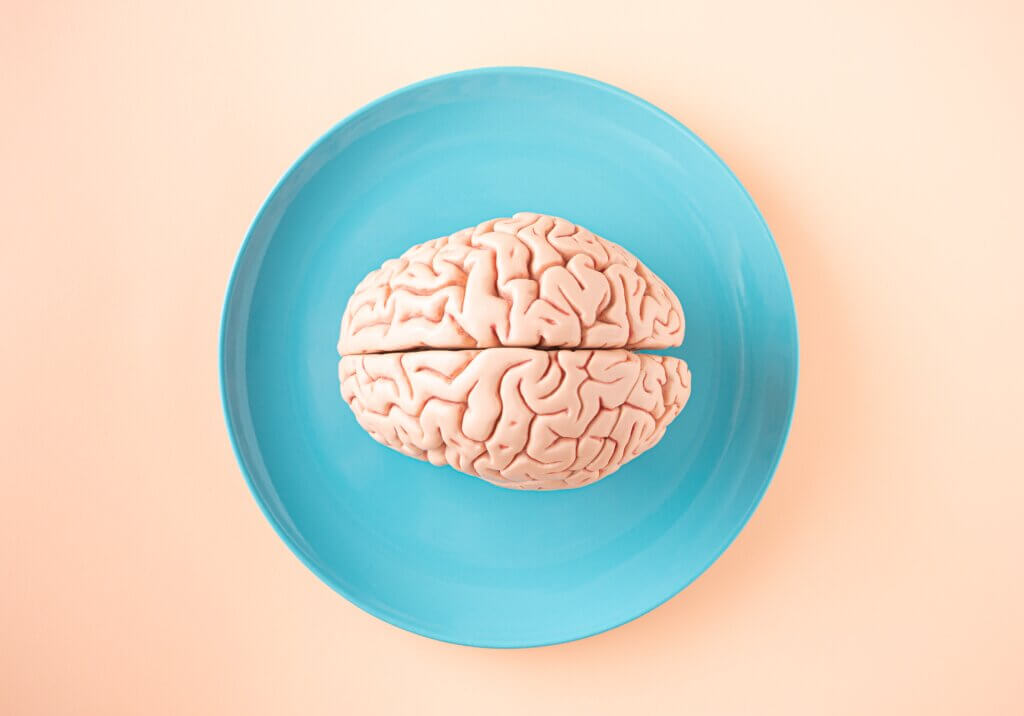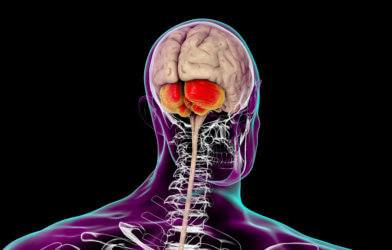Unveiling the Mystery of COVID-19 Brain Fog: Tau Proteins Hold Clues
Ever wondered about the “brain fog” some people experience after a COVID-19 infection? A recent study has uncovered a potential culprit behind this cognitive cloudiness. Researchers delved into the effects of the SARS-CoV-2 virus on the brain and discovered a fascinating connection to Alzheimer’s disease.
COVID-19 has been known to worsen Alzheimer’s symptoms in patients who already have the condition, and it might even increase the risk of developing Alzheimer’s in those who’ve recovered from the virus. So, what’s the link between COVID-19 and Alzheimer’s?
Cristina Di Primio and her team decided to investigate. They conducted experiments using human neuroblastoma cell cultures and mice to see how SARS-CoV-2 infection affects brain health. Here’s what they found:
When the SARS-CoV-2 virus infects neuronal cells or the mouse brain, it interacts with a molecule called Tau. Tau is like a long, twisty rope inside brain cells, and it has a nasty habit of tangling and clumping together in people with Alzheimer’s.
During the virus infection, something peculiar happens to Tau—it undergoes hyperphosphorylation. That’s just a fancy way of saying it gets extra “tags” at specific points, making it more likely to form clumps. This hyperphosphorylation of Tau in COVID-19-infected cells mirrors what happens in Alzheimer’s patients.
Not only that, but the researchers also detected a significant increase in Tau proteins in the parts of the cells where they shouldn’t be hanging out. It’s like finding a party guest in the kitchen when they’re supposed to be in the living room—something’s not right.
Now, here’s where things get a bit tricky. It’s not entirely clear if the virus directly causes these changes in Tau or if it’s a part of the cell’s defense response to keep the virus away from important areas. In other words, it’s like the cell trying to lock the virus out of certain rooms to prevent it from causing more trouble.
The researchers believe that more studies are needed to fully understand these findings and their implications. It’s like piecing together a complex puzzle, and they’re only beginning to reveal some of the edges.
So, while the exact connection between COVID-19 and Alzheimer’s isn’t entirely clear yet, this research has given us a fascinating glimpse into how the virus may affect our brains. It’s another reason to take COVID-19 seriously and continue researching its long-term effects.
As scientists dig deeper into this puzzle, they hope to uncover more about the brain’s response to infections and potentially develop new ways to protect our brain health. So, stay curious, and keep an eye out for more discoveries in the world of science!











-392x250.jpg)

